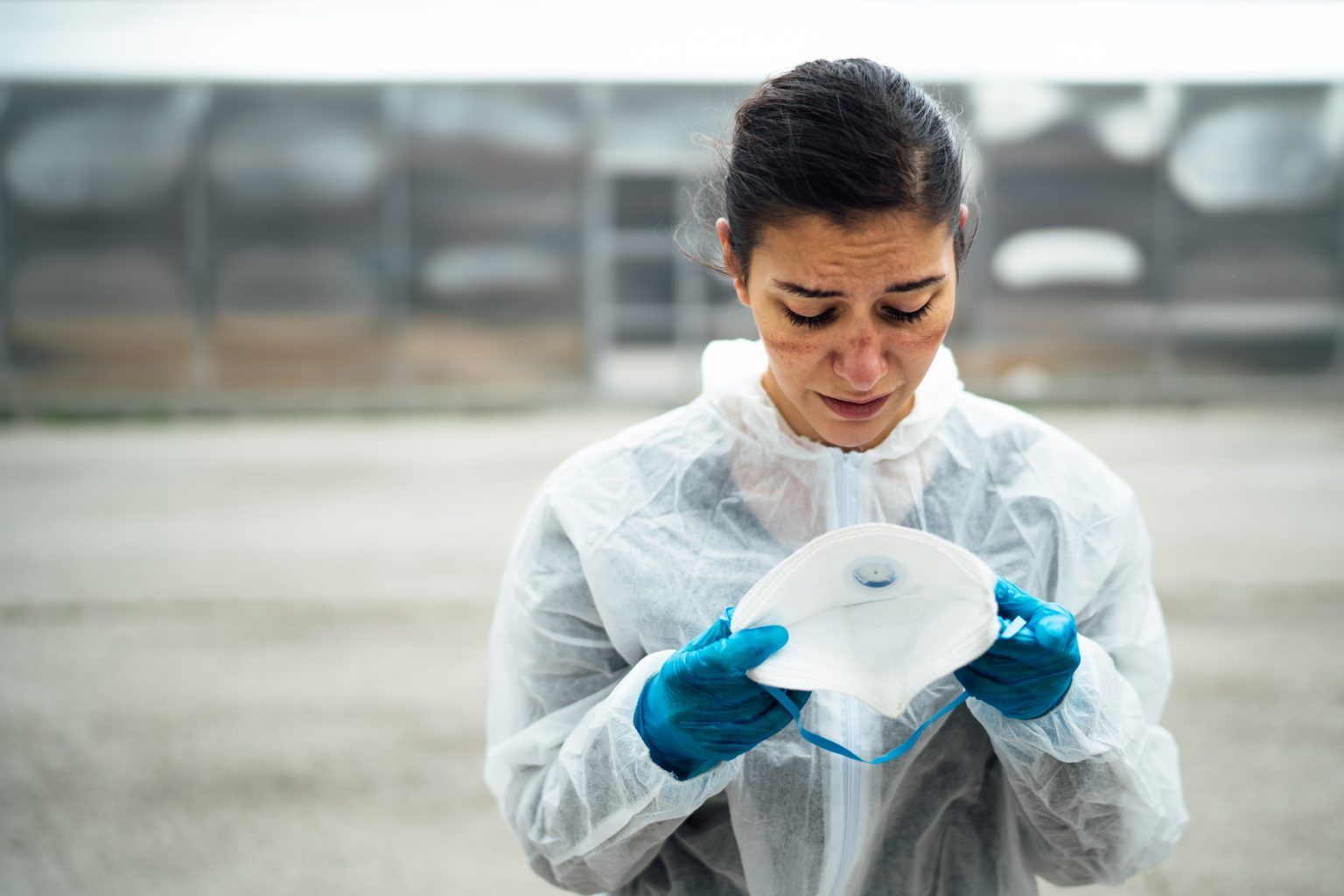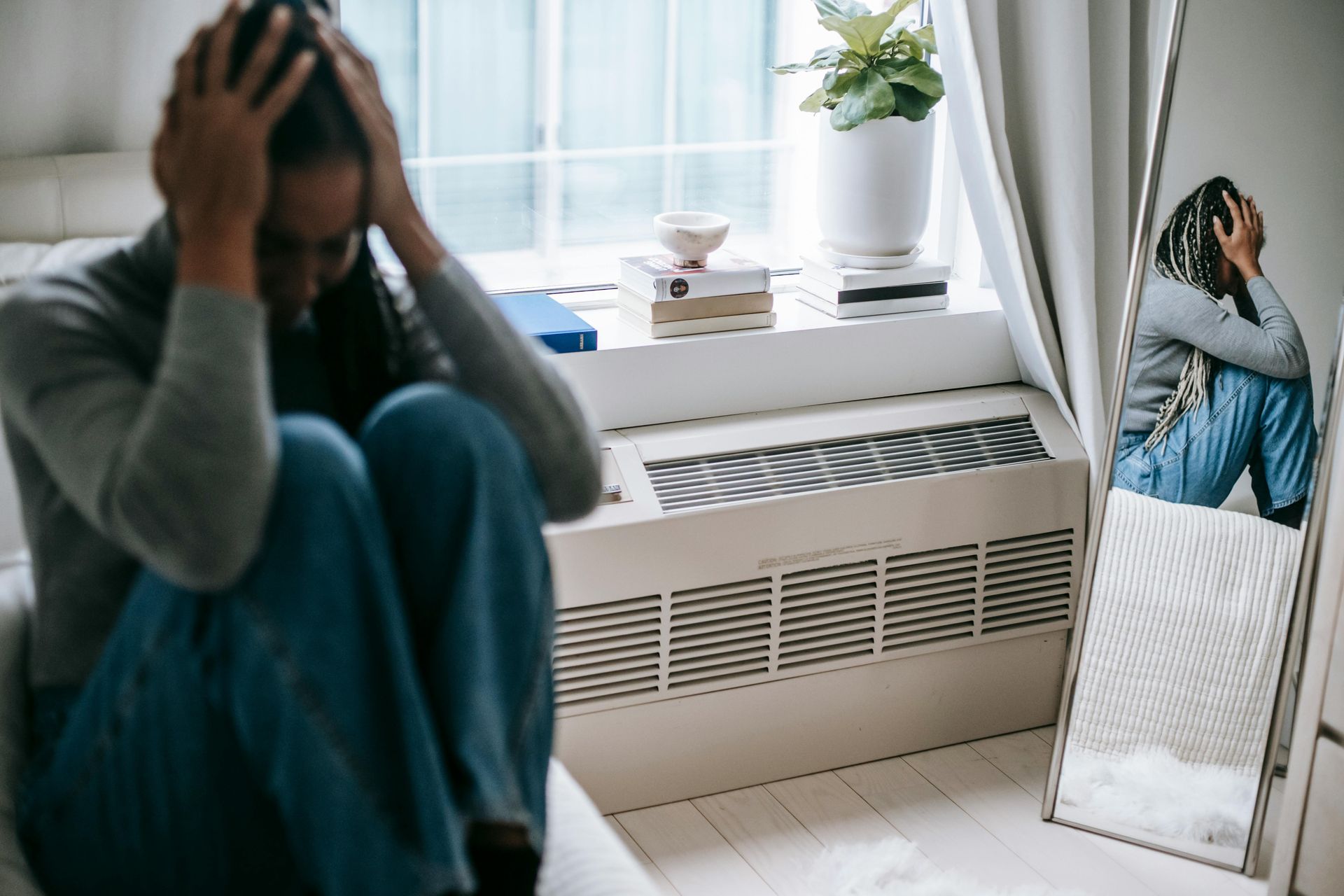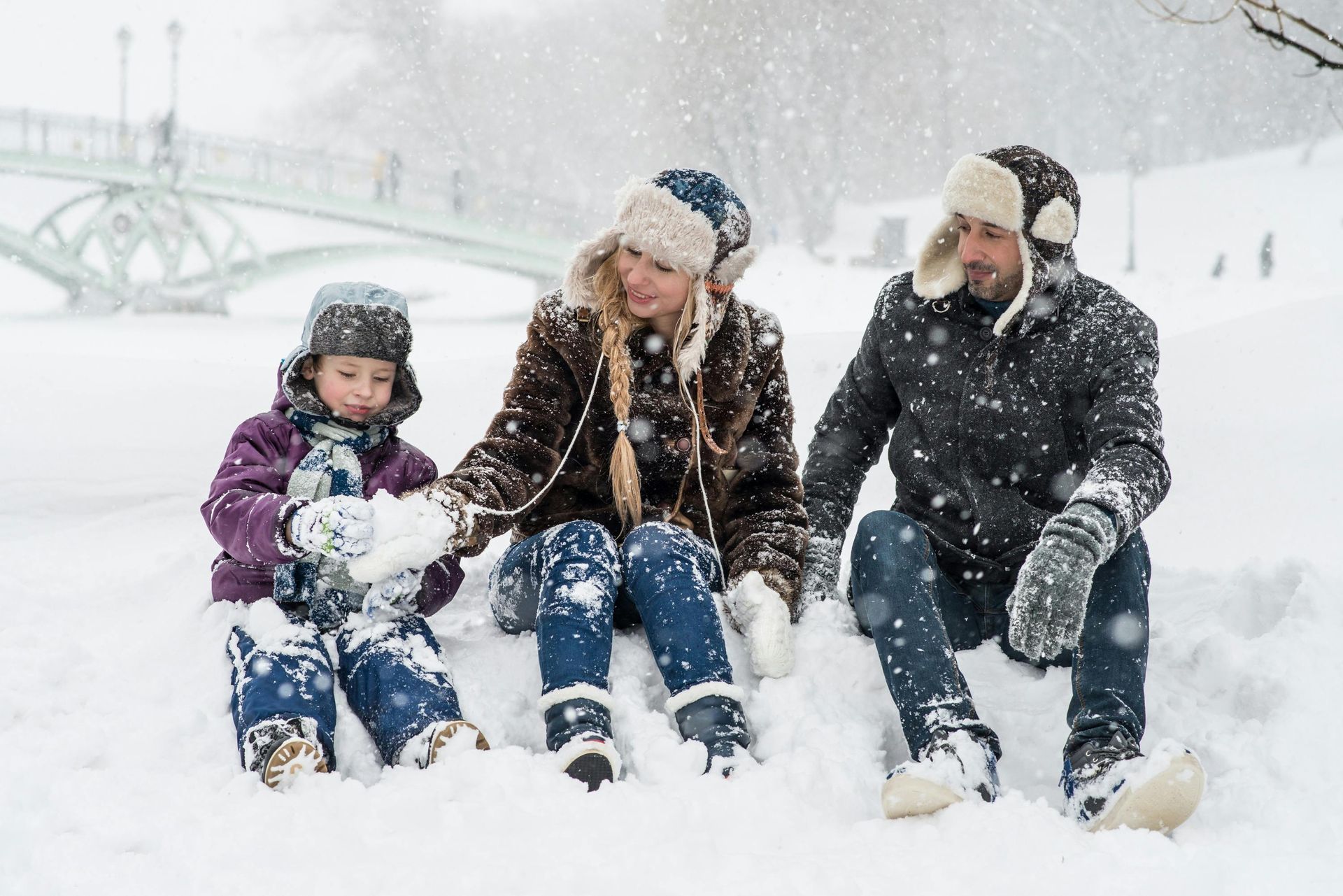Collective Trauma of COVID-19

Let’s talk about the collective trauma of COVID-19. What we are currently experiencing with this pandemic can be classified as a community, national, and international collective trauma and the effects will continue to change our communities, lives, and society.
What is Trauma?
Trauma is to experience an event that threatens your life, or that of someone you love/care for. It can include fear of death It can include fear of death, major injury, or witnessing that of others. It can also result from repeated exposure to witnessing the death or harm of others related to a particular or ongoing series of traumatic experiences and events.
Possible Symptoms of Trauma
– intense emotion like horror, grief, fear, guilt, or anger
– distressing and intrusive memories or dreams of the experience or event
– extreme distress in response to reminders of the event
– flashback memories of the event, including a disconnect from the present moment
– physical symptoms like: interrupted sleep / insomnia, heightened startle response, racing heart and anxiety/panic attacks
– cognitive impacts like poor concentration, inability to focus or difficulty learning new things
How to Handle Signs of Trauma from this Pandemic in Yourself or Others
1. Be gentle and provide a safe emotional environment for sharing their experience and memories
2. Don’t make assumptions and try not to judge others’ emotional outbursts, poor performance/functioning, confusing behaviours or lash outs.
3. Recognize that all our reactions and experiences are different.
4. Validate others’ experiences even if they don’t seem as big or intense as yours do.
5. Provide time to process and talk about this experience. You can do this by being emotionally available.
6. Learn some calming strategies that you can share with others. You could try saying things like this:
“When I feel overwhelmed, I take some calming deep breaths and that helps.”
“I know this is a hard time for everyone. If you need a moment that’s OK.”
7. Reach out to trained mental health specialists if you need to. Know what resources are available and readily share this information. Normalizes others’ use of these services if you can. Acknowledge the courage and strength it takes to reach out for help.
Your Free Handout
Click this link to view in a new window & download: Collective Trauma of COVID-19
[You can find more free handouts on our Free CBT Resources page!]
The post Collective Trauma of COVID-19 appeared first on Qualia Counselling.
Share This Post on Social Media!




